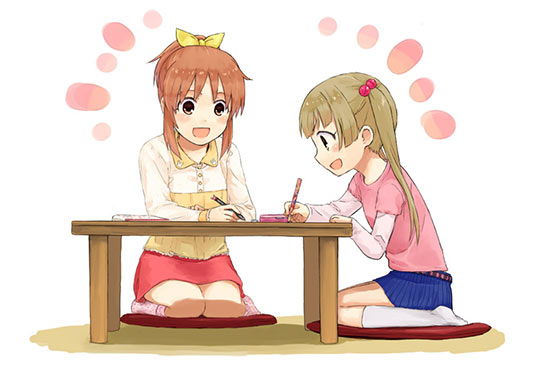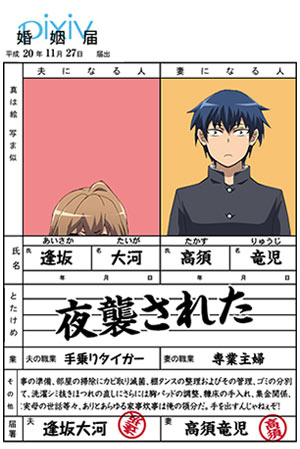I received a request in my Twitter feed from a customer who was studying Japanese in preparation for a visit here, but having problem with her language study. Since I’m sure there are others who would like to read my comments, I thought I’d make a general Japanese Study Advice post here.
- First, consider your goals, whether it be to learn the basics of the language in order to gain a deeper appreciation for Japan, to travel and make friends, or to become fluent someday.
- While Japanese isn’t really any harder than French or Spanish, learning the writing systems can bog you down, but learn to embrace it. Make sure to only use study tools that force you to learn using proper hiragana and katakana, as reading Romanized Japanese (Japanese written in the English alphabet) will harm your progress and give you a bad speaking accent. The Moekana/Moekanji, Genki and White Rabbit series are all excellent.
- If you’ve studied a foreign language before, learning Japanese will be easier because your brain “knows” it’s possible to do, but if this is your first time learning a foreign language you’ll have to get to that point.
- Everyone learns differently, and you should try to see what methods work for you. I had success with writing out sentences in my textbook multiple times, transcribing and translating JPOP songs for friends, and using mnemonic connections to “trick” my brain into learning, but your brain may work differently.
- Another approach I discovered was to treat Japanese sentences and grammar like mathematical equations that I could manipulate. Once I’d memorized a basic sentence like 私はアメリカ人ですが、彼女はアメリカ人ではありません Watashi wa America-jin desu ga, kanojo wa America-jin de wa arimasen (“I’m an American, but she isn’t an American”) I could substitute other words, making new sentences. This helps your brain interalize the information more smoothly.
- Reading manga is good because almost all the words you see are verbally spoken by the characters, and thus can be used by you in the same way. Don’t go overboard with this though, and balance this type of studying a formal approach at the same time.
- There are study methods that didn’t exist when I was learning back in the late 80s, from online teaching services to software programs to innovative approaches like using Twitter to practice your new language. That said, I still think a formal program, either at a university or language school, is the best route for most.
- I found studying for the Japanese Language Proficiency Test in December to be an excellent motivator, and have fond memories of obsessing over each year’s test as it approached, which made me study harder. See info on how you can take the JLPT outside Japan here.
And remember, if you’re trying to learn a little Japanese or a lot, J-List can help.

Poor Tomoko from WataMote can’t catch a break; Japanese are masters at the art of gift-giving.















